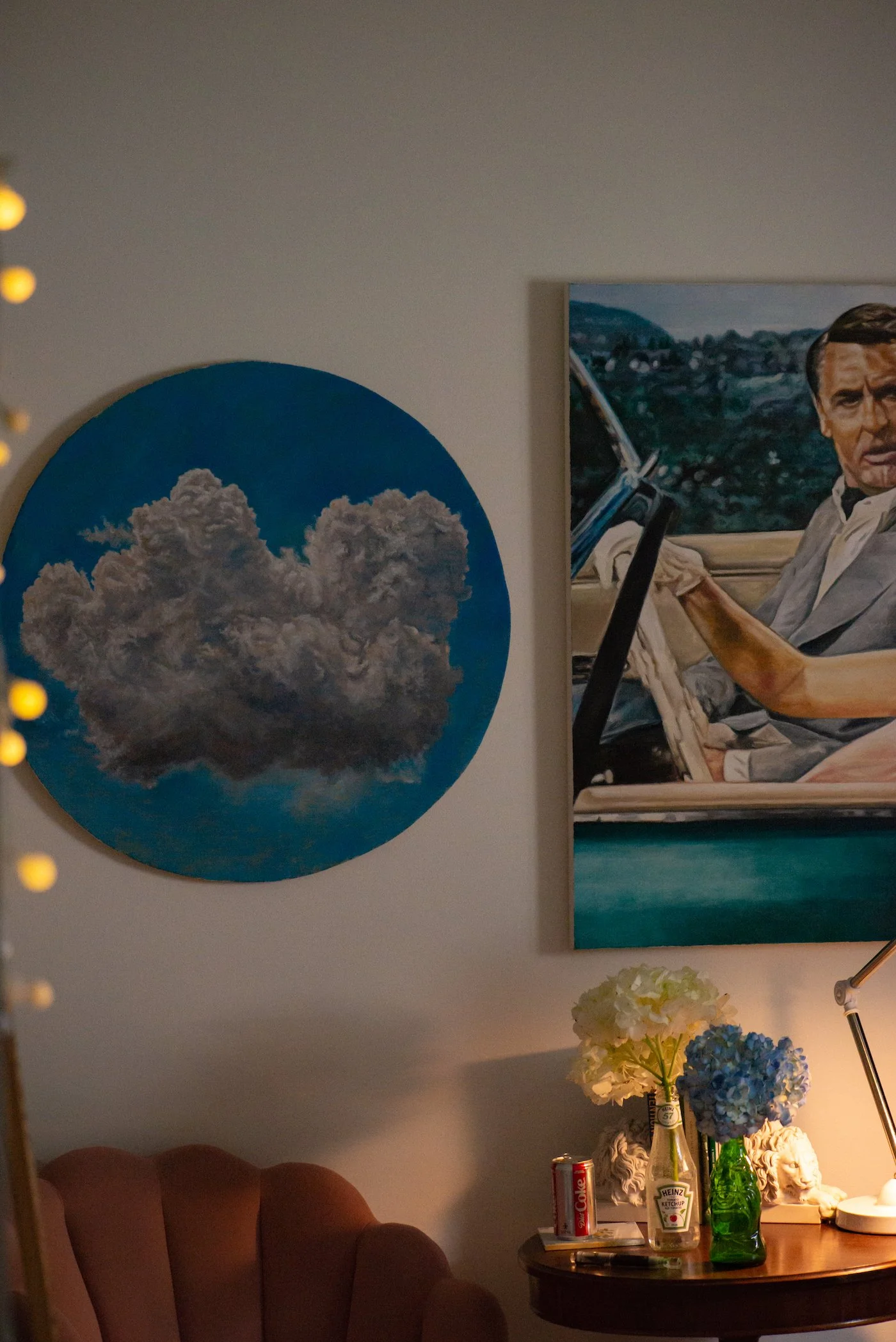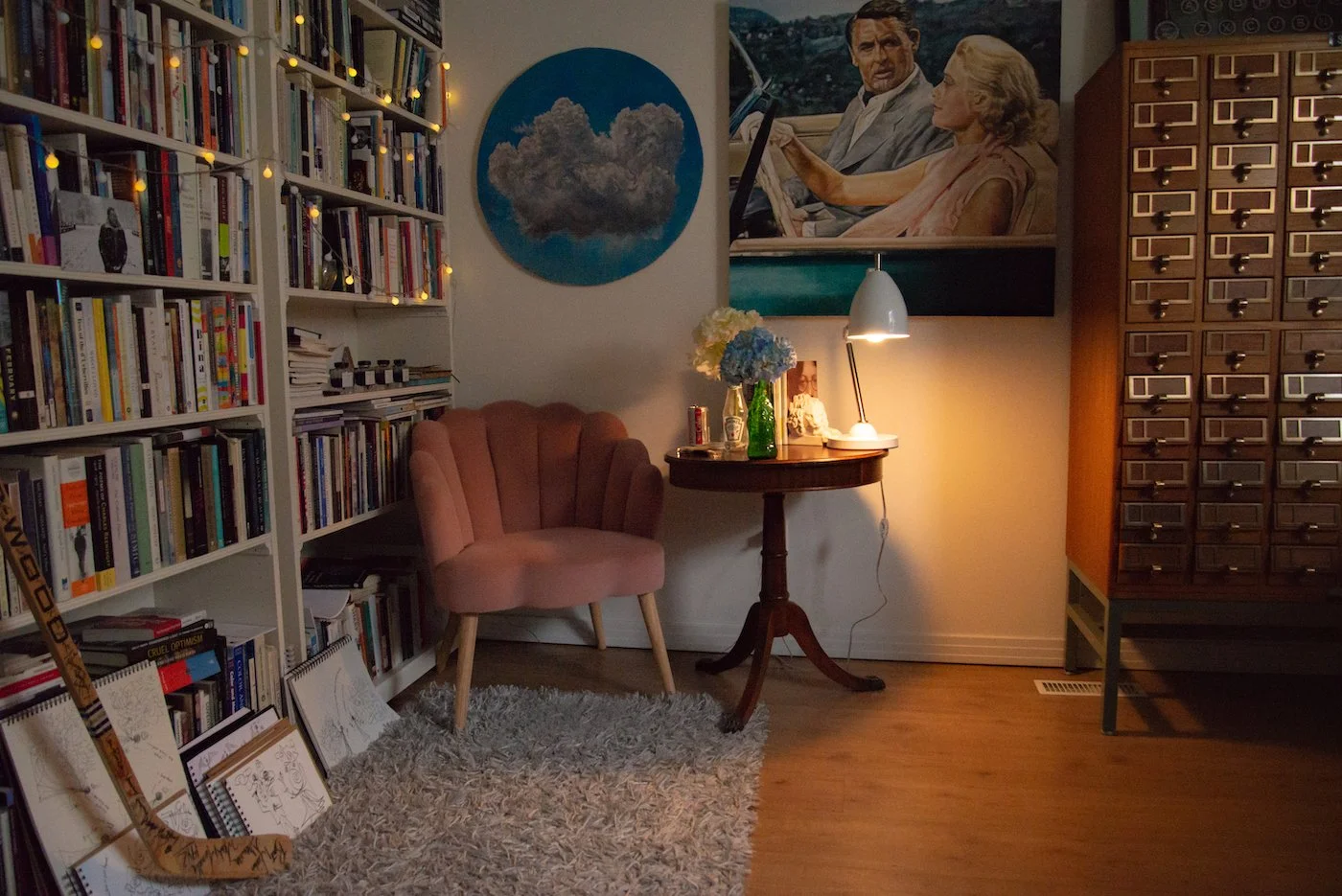It’s Hard to Concentrate Right Now
If you’re human, odds are you’re finding it hard to concentrate right now.
It’s hard to settle in. (Understatement). Maybe we’re not supposed to settle in. I’m flitting from book to book, from Twitter to Instagram, from post to post, poem to poem. I don’t have answers; I’m looking for hope. I’m looking for wisdom. I don’t wish for consolation even, but evidence of deep thinking. Evidence of the human and the humane.
I’m sitting in my study. Here is some of what I’m finding:
2. My friend on FB and IRL, Natalie Cook posted this quotation from Carol Off which is really resonating for me and others:
“I have so many people I know who say ‘I’d like to get more involved, but I just can't read the paper any more. It makes me so crazy. I don't want to listen to this. Honestly Carol, I'm not paying attention any more because I just have to take care of myself.’
And I'm thinking, that is the ultimate act of privilege. If you decide to check out — and I totally understand self-care and finding a place where you just can't listen any more — but if you have the ability to check out, it's because you have nothing at stake. You are not running for your life. You are not about to be arrested. You are not in trouble. You are not about lose your house.
And so I urge, gently, the people I know, don't do that. Stay engaged. Stay there. Stay there in the world. Don't leave it. Not because you need to be there, but because other people need you to be there. Other people need you to, at least, bear witness. Just bear witness to the struggle of others. That’s as much as the world can ask of you.”
I would add or reiterate that, yes, stay engaged, but also give yourself time away, too. You know what the level of your mental health is and if you need to step back, please don’t feel bad in doing so. No one can look at this news cycle (or any) 24/7.
3. Ilya Kaminsky’s poem, “We Lived Happily During the War.” Found in his book, Deaf Republic. There is an On Being podcast about this poem, and the introduction says this:
“The opening poem to Ilya Kaminsky’s masterpiece, Deaf Republic, is written in the voice of someone who is confessing their complacency during a time of trial. There’s a war going on, but it doesn’t affect the person speaking, so they don’t get involved. Instead they stayed outside and caught the sun. They lived happily during the war, and are now saying (forgive us). This poem leaves us wondering what it would mean to make such a confession, to ask for forgiveness, and whether it’d do any good.”
4. Love Your Enemies, an On Being podcast with Sharon Salzberg and Robert Thurman.
From the intro by Krista Tippett:
“It’s a piece of deep, psychological acuity carried in our religious traditions that each of us is defined as much by who our enemies are and how we treat them as by who and what we love. Yet love of enemies right now feels as quaint and impractical, as countercultural and surely counterproductive, as at any time in my life. So this hour we are revisiting an On Being classic conversation with two American Buddhist leaders, Robert Thurman and Sharon Salzberg. Across a half-century conversation and friendship, they’ve investigated the rich and pragmatic mind science behind this virtue and practice: how to transmute the very real, very consequential, and consuming energy that anger and hatred are, as much as they are emotions; and why love in fact is the most rational and pragmatic of stances towards our enemies, and thus we must retrain the well-worn grooves in our psyches which tell us that love is weak and vengeance is strong.”
I really needed to think about love in the terms that Sharon Salzberg speaks about it in: love as a force, a power, rather than as a weakness. She’s not saying we need to love evil people, but we can look at those who are directly in our path. One thing that helped me to think about was the way we, okay I, can tend to over-rehearse annoyances. She says,
“So that middle place is very compelling, whether it’s a colleague at work who’s sort of annoying, or it’s somebody who disappoints us, just in the neighborhood or our community, or it’s the villain, even — to have some recognition that the way we can be consumed by hatred, or even just an obsession — you know, that habit we can have of going over someone’s faults again and again and again; it’s the same list, but we’d like to go over it again a few more times — [laughs] and the way we give over so much of our energy to someone else in this kind of negative or destructive way.”
And I really need to work on not giving up my energy to that habit. The discussion brings up fierce compassion, a kind of tough love, and shows that loving your enemy doesn’t mean that you’re a doormat.
5. Simone Weil. I’ve been sitting with the book on Weil by Robert Zaretsky titled The Subversive Simone Weil. (I talked about it here). Some quotations from the book:
“Refuse to be an accomplice. Don’t lie — don’t keep your eyes shut.” (SW)
“A worthwhile life accepts and acts on a core number of moral ideals: the primacy of justice and truth, the pursuit of happiness and goodness, the preeminence of the dignity and humanity of each and every human being. In effect, a life worth living is a life devoted to “doing something about it.”” (RZ)
“All of our troubles spring from our failure to use plain, clear-cut language.” …Weil’s own insistence on the ethics of getting words right: “To clarify thought, to discredit intrinsically meaningless words, and to define the use of others by precise analysis — to do this, strange though it may appear, might be a way of saving human lives.” (RZ quoting SW)
The epigraph to chapter one which is titled “The Force of Affliction,” is from Shakepspeare’s King Lear:
“Howl, howl, howl, howl.”
6. Orwell’s Roses by Rebecca Solnit. I’m only about a third in but this is the stuff I need to think about right now. Starting with the epigraph:
“The very act of trying to look ahead to discern possibilities and offer warnings is in itself an act of hope.”
— Octavia Butler
Solnit talks about the surrealist artist Man Ray, who fled the Nazis in 1940, ending up in California. He says that he wished “I could be transformed into a tree until peace came again.”
7. The diary of Etty Hillesum, An Interrupted Life. I’ve read this diary for years and will never get over it. The honesty, the courage. You can’t read it and not have your heart broken.
“It is a good thing from time to time to feel the emptiness and weariness in yourself for a moment or two, just to recall how things used to be and how they are now. Monday night, on going to bed, I said, “Dear God, today I cannot praise you, I honestly do not feel happy enough.””
“Life may be brimming over with experiences, but somewhere, deep inside, all of us carry a vast and fruitful loneliness where we go. And sometimes the most important thing in a whole day is the rest we take between two deep breaths, or the turning inward in prayer for five short minutes.”
She died in Auschwitz in 1943 at 29 years of age. A huge intellect the world was deprived of.
7. I said I was reading things but not wanting necessarily to be consoled. But I do admit that I generally read Charles Wright to be consoled. He sits in his backyard, his voice drawls soft and steady, but he tells it like it is:
“The world is dirty and dark.
Who thought that words were salvation?”
“We wait for the consolation of the commonplace,
the belt of light to buckle us in.
We wait for the counterpart,
the secretive music
That only we can hear, or we think that only we can hear.”
8. On Twitter I follow the wonderful Zeeshan Pathan and he posted this poem by Dunya Mikhail:
The End of the World
For Lori, who says “everything is happening now”
Everything is telling me
it’s the end of the world:
the astrologers,
the deadly new viruses,
the ozone layer,
the ant cavorting with the grasshopper,
the wars,
and his message, cold and curt.
But other things change my mind:
the clouds that always know their way
the seashell that hasn’t quite disclosed all,
the wishes tossed with coins in the fountain
and the flower, waiting to happen.
9. This morning, I’m going to attend to the news, but I’m also going to sit with Witness: Lessons from Elie Wiesel’s Classroom by Ariel Burger which I have written about here previously. The first chapter is titled “Memory” and the epigraph is by Elie Wiesel:
“Listening to a witness makes you a witness.”
10. Lastly, another difficult to read poem, but what I need is difficult right now, what I need is the real. So, from “The War Works Hard” by Elizabeth Winslow (read the entire poem here).
The war continues working, day and night.
It inspires tyrants
to deliver long speeches,
awards medals to generals
and themes to poets.
It contributes to the industry
of artificial limbs,
provides foods for flies,
adds pages to the history books
Yes, it is difficult to concentrate right now, but we can witness.
One last quotation:
“I would have given all the prizes, all the honours, for one life, even one life that would not have been taken away.” — Elie Wiesel
February 26, 2022







